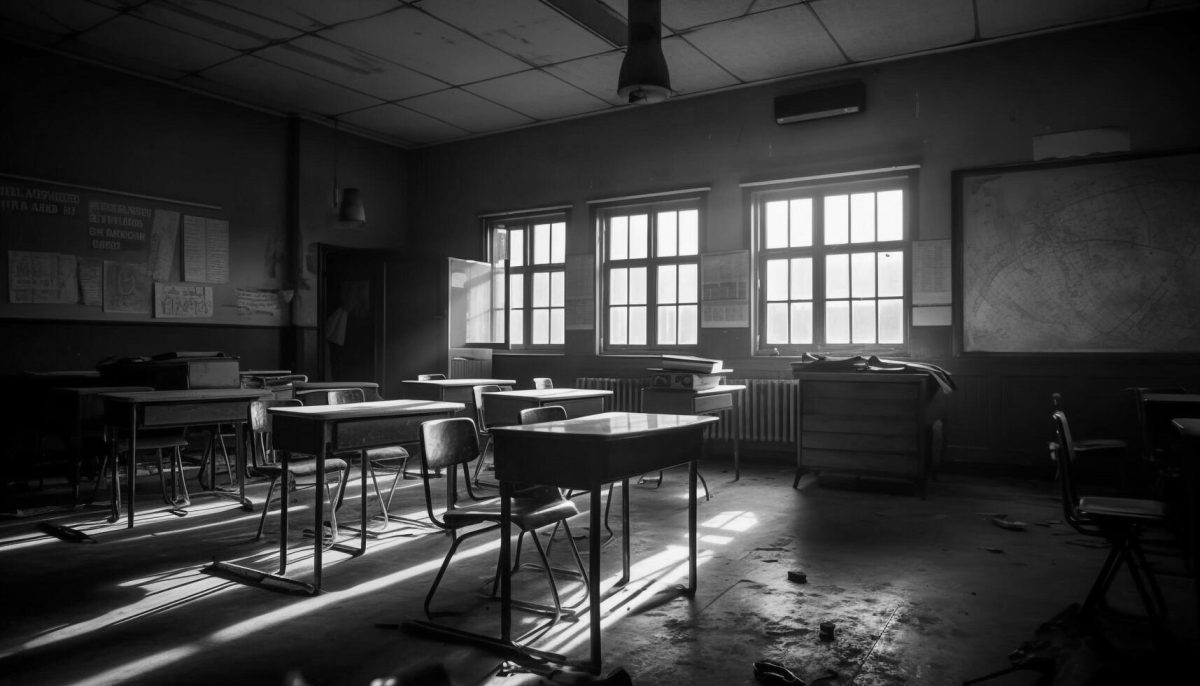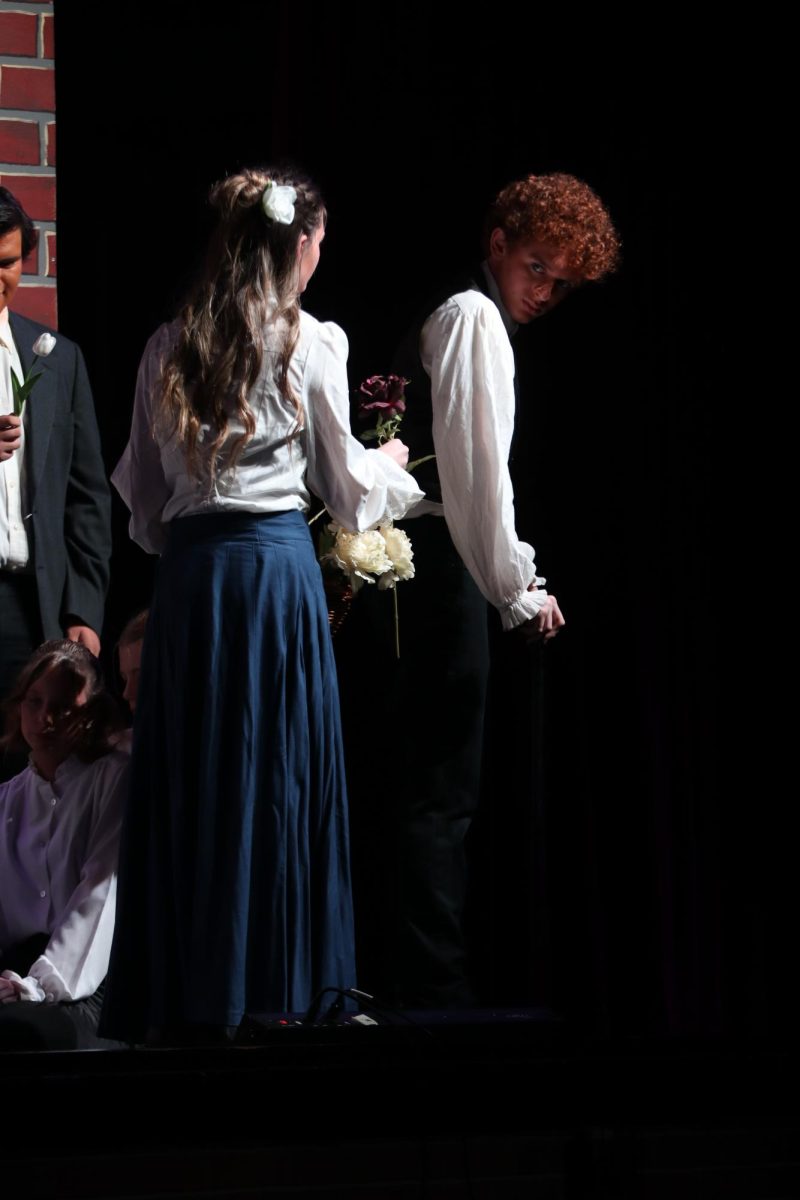Backtalk, cursing, stealing, hitting – misbehaviors are common among children and usually warrant a consequence. This idea of consequences for misbehavior is translated into high school life where teens can be given punishments for skipping class, being tardy, disrespecting teachers and peers, etc. Like in most high schools in the country, when students break rules at Fremont High School, they are given consequences. With the recent rise in tardies, vandalism and fights, one has to wonder if these consequences truly succeed at deterring misbehavior?
Detentions are a common consequence for minor misbehaviors, yet suspensions or expulsions are given to students who violate the FHS code of conduct within the student handbook, which details the expectations of FHS students.
“The suspensions could be anything that we have to deal with, any sort of major defiance or disrespect towards a staff member,” Kody Christensen, assistant principal, said.
Minor defiance includes misbehavior like vulgar language and tardiness usually constitute a detention or even an ISS (in school suspension) OSS (out of school suspension). Administration considers fighting, threats, and other more extreme misbehaviors as major defiance.
According to administration, determining the consequence for a misbehavior is on a case-by-case scenario. For instance, depending on the severity of the misbehavior, the consequence could range from either a detention, ISS, OSS, or even an expulsion with time that varies anywhere from one to up to five days.
Christensen shed light on the nuances with examples of case-by-case misbehavior.
“Vaping, if it’s just a nicotine vape, it would be a suspension,” Christensen said. “Then expulsions really are left over for anything more serious, like drugs, alcohol, weapons– that sort of stuff. Even threats.”
Most students and even teachers, have not experienced the actual procedures for ISS, OSS and expulsions. When a student is given an ISS or an OSS, their parents are called into school where administration discusses how the code of conduct was violated by the student. In ISS the student will work on their classes in an isolated environment under the watch of a staff member.
For OSS, students will be provided their educational materials and not allowed on school grounds or the ability to attend school functions for the length of their suspension.
For an expulsion, students are entitled to “due process,” which means that students must have prior notice and the school sends a letter containing information regarding the hearing procedure as well as summaries of the behavior and explanation of what it means to be expelled. Next, school administration will have a meeting to address any questions or concerns that the guardian and/or student may have.
Christensen explains that students often exhibit poor behaviors to get attention or to get something from an adult or others. Many teachers believe that poor behavior often doesn’t have a explanation behind it.
“There are so many issues that kids are facing which is not helping them to make good decisions,” Stacey Smith, an English teacher and detention supervisor, said. “Not everybody has a great home life and I think it matters how your parents treat you and it matters how your parents raise you and if you don’t have great role models at home it’s hard to know how to behave.”
Despite the out of school influences that affect student behavior, once they are in the school, teachers and administration are responsible for them.
“Part of our job here at school is to make sure kids learn how to behave and fit in with the world, not necessarily conforming to meet the world’s expectations of them, but at least not be a disruption to the rest of society,” Smith said.
Students are often in the middle of a constant battle between teachers, school administration and parents. Who’s at fault or responsible for childrens behavior is often the sole issue of this battle, however, the truth of the matter everyone is a little bit responsible for the safety and actions of children.
“Once the students are in our building, we’re kind of in charge of them,” Christensen said. “We’re responsible for them, but it won’t ever work if the parents expect the school to fully do everything. And it won’t ever work if the school expects the parents to fully do everything. We’ve got to work together.”
















